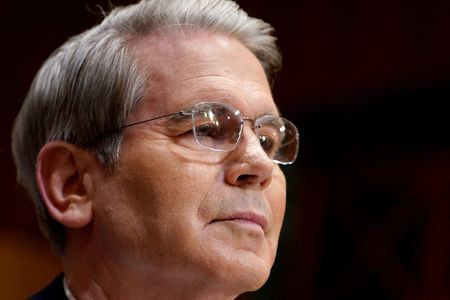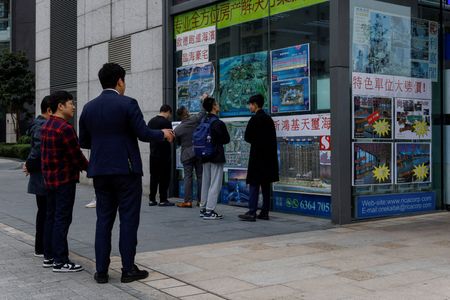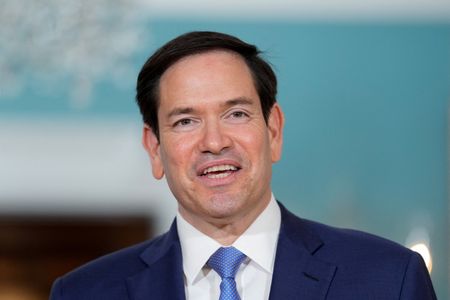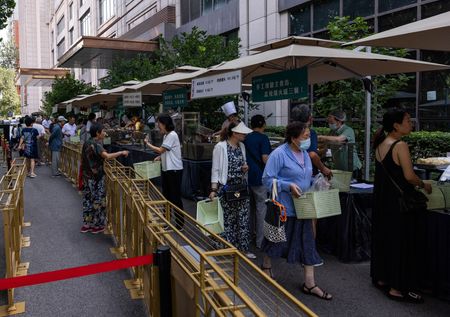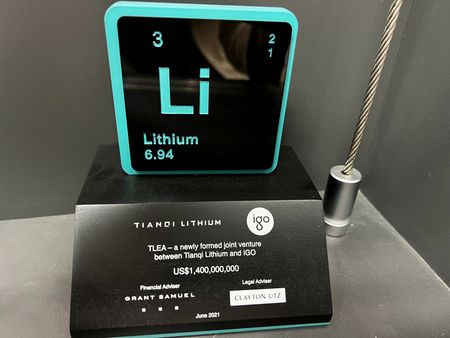By Mariko Katsumura and Leika Kihara
TOKYO (Reuters) -The Bank of Japan will likely be raising interest rates as it is behind the curve in dealing with the risk of inflation, U.S. Treasury Secretary Scott Bessent told Bloomberg Television, in his most explicit comment on Japan’s monetary policy.
The remarks contrast with those of BOJ Governor Kazuo Ueda, who has repeatedly brushed aside the view the central bank was being too slow in raising rates and could be late in forestalling too-high inflation.
Bessent said U.S. Treasury yields are feeling the impact of overseas developments, with the 30-year yield getting dragged up by rising long-term bond yields in Japan and Germany.
“There’s definitely leakage from — the Japanese have an inflation problem,” Bessent said in the interview with Bloomberg Television on Wednesday.
Bessent mentioned that he had spoken with BOJ Governor Kazuo Ueda. “My opinion, not his — they’re behind the curve. So they’re going to be hiking,” he added, though he made no comment on how soon a rate hike could come.
The comments by Bessent come as rising food and raw material costs keep Japan’s core inflation above the central bank’s 2% target for well over three years, causing some BOJ policymakers to worry about second-round price effects.
Governor Ueda has signalled readiness to keep raising rates but justified going slow on the view that “underlying inflation,” which focuses on domestic demand and wages, remains short of the BOJ’s target.
The slow pace of the BOJ’s policy normalisation has been blamed by some analysts for the yen’s persistent weakness, which in turn has pushed up the cost of imports and broader inflation.
The BOJ next meets for a rate review in September before holding another one in October, when the board conducts a quarterly review of its growth and inflation forecasts.
Bessent, who oversees Washington’s trade and exchange-rate talks with Tokyo, has repeatedly signalled his preference for tighter Japanese monetary policy.
In its exchange-rate report to Congress in June, the U.S. Treasury Department said the BOJ should keep tightening monetary policy, which would support a “normalization of the yen’s weakness.”
In an interview with the Nikkei newspaper published on Monday, Bessent said the currency “will take care of itself” as long as the BOJ focused on “economic fundamentals, inflation and growth.”
The BOJ last year exited a decade-long, massive stimulus programme and raised short-term interest rates to 0.5% in January on the view Japan was close to durably hitting its 2% inflation target.
At its policy meeting in July, the BOJ kept rates steady but revised up its inflation forecasts and offered a less gloomy outlook on the economy, keeping alive market expectations for a rate hike this year.
“I don’t think we’re behind the curve, or that the risk of us being behind the curve is large,” Ueda told a news briefing after the July policy meeting. The governor said that while wages and service-sector inflation were rising, the pace of gains weren’t alarming.
A Reuters poll last month showed a majority of economists expect another rate hike by year-end.
(Reporting by Tokyo Newsroom; Editing by Jacqueline Wong and Shri Navaratnam)

